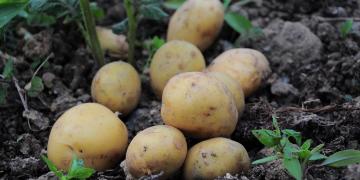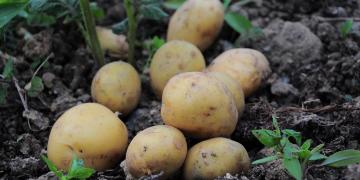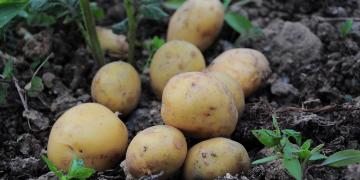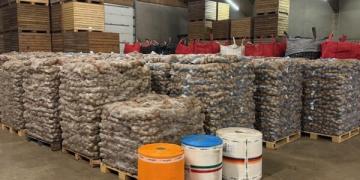Spain: Canary Islands have less and less local potatoes
The number of hectares of crops has decreased over the last decade and agricultural organisations are calling for the elimination of intermediaries to facilitate production
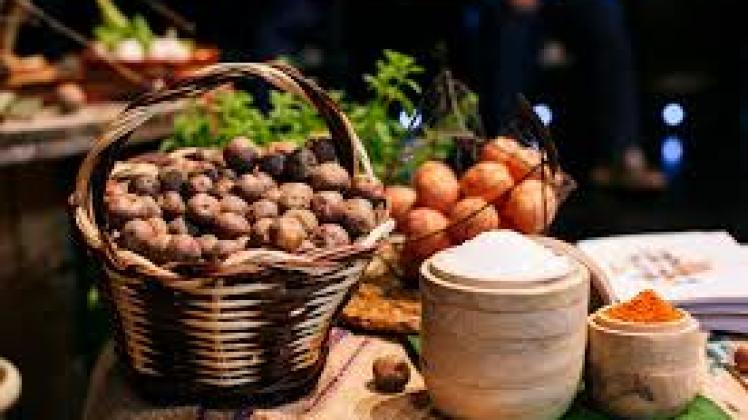
It is no secret that the countryside in the Canary Islands is gradually being abandoned due to a lack of vocational replacement, increased bureaucracy and climate change. But in recent years, the special impact on potato cultivation has been noted. The Association of Farmers and Ranchers of the Canary Islands (ASAGA) warns of the "alarming decline" in hectares of cultivation in the archipelago and, above all, in Gran Canaria, La Palma and Lanzarote. In ten years, 5,287 hectares of potatoes were cultivated, while in 2023 it was 3,555, 37% , according to Canarias Ahora with data from ISTAC.
In Herrera on COPE Canarias, the president of ASAGA, Angela Delgado, points to the importation of potatoes from Egypt and the multiple intermediaries as the main causes of the lack of local produce. "Marketing it indirectly takes away profitability from producers, so we have to work so that they can charge around 1.50 euros between the price and the aid" , recalling that "here we have low productions that are very expensive and we have to ensure that our productions generate money".
The president of ASAJA Las Palmas, Roberto Goiriz, recalls that the lack of water also has a major influence: "Potato producers are increasingly finding it difficult to meet their production needs, but the primary sector is in total decline." For Omar Viñas, a livestock farmer from Lanzarote, it is "a multifactorial problem," highlighting that "almost everything comes from outside and that makes it very difficult for us to compete."
Less intermediaries
ASAGA insists on the need to remove intermediaries from the chain so that, on the one hand, potatoes can be obtained more cheaply and, on the other, producers can earn more. "We cannot continue to market as my grandfather did ," says Angela Delgado, who wants "the few romantics left in the countryside to survive with dignity."
Delgado also recalls that the lack of controls at airports has led to the entry of multiple pests. "We bring in Tupperware containers, plants, cuttings... that’s how we have imported most of the pests we have, which are making potato cultivation unviable, among other things . "
Source: cope.es
Fuente: argenpapa.com.ar/noticia/15378-

